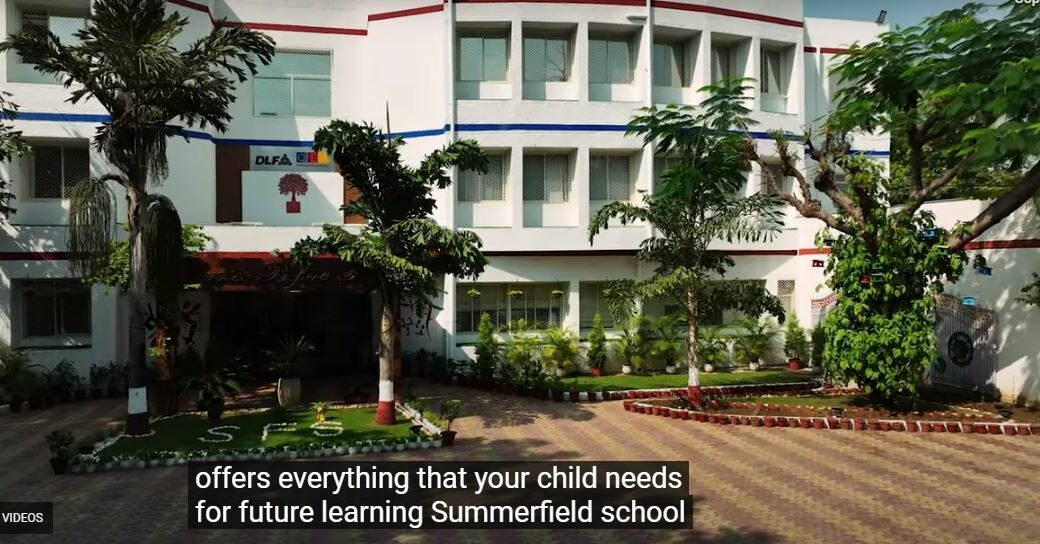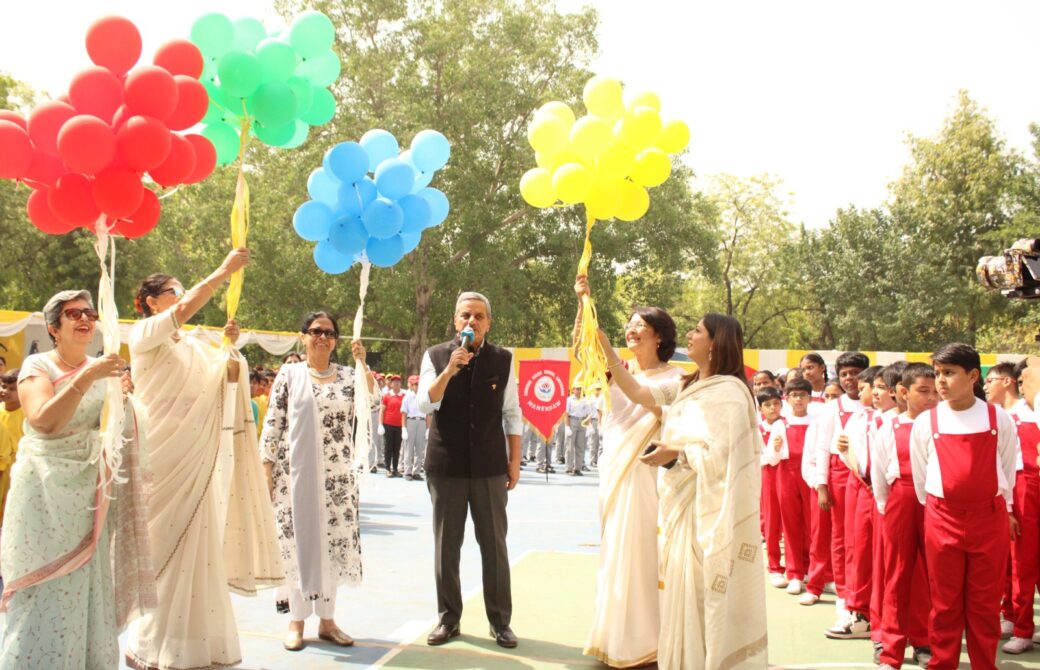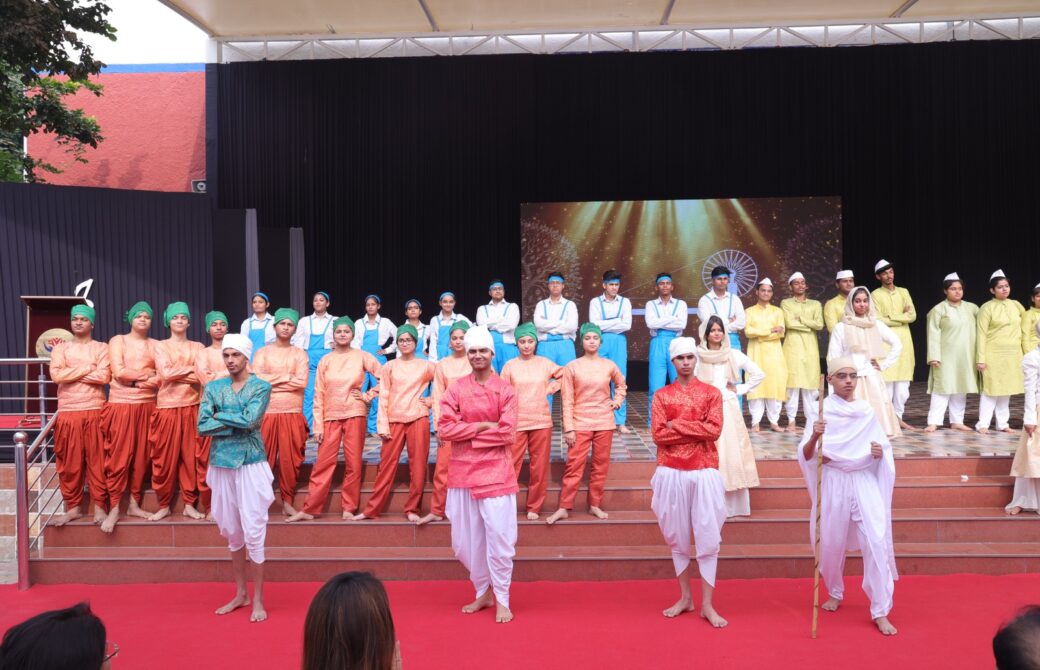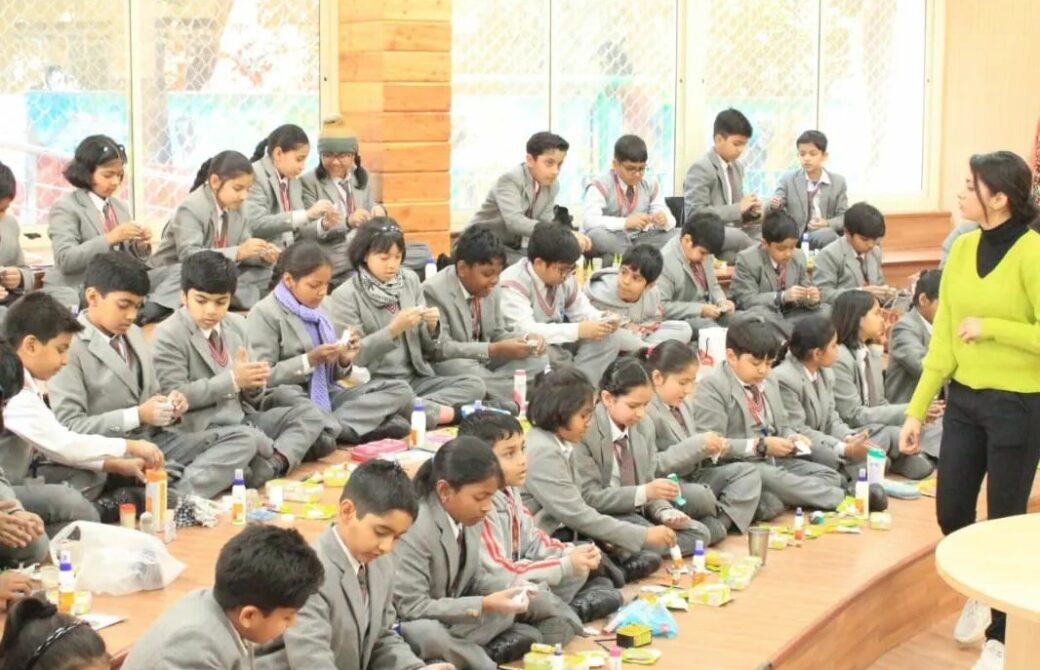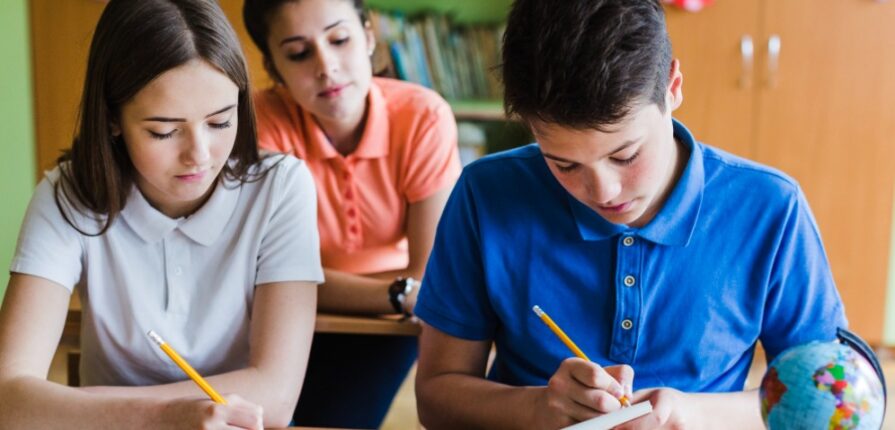Introduction:
In the evolving world of education, academic excellence alone no longer defines a student’s success. At Summer Fields School Gurugram, the Best CBSE Schools in Gurgaon where it recognizes that every learner has a unique way of understanding, applying, and excelling in academics. Personalization in education is not just a buzzword; it is a proven approach to help each student achieve their highest potential.
This shift toward customized learning pathways ensures that children not only meet the national academic standards set by CBSE but also develop essential life skills, critical thinking abilities, and emotional intelligence for the future.
About Us:
At our institution, education is more than syllabus coverage—it’s a personalized journey. We embrace the CBSE curriculum but tailor learning to individual strengths, interests, and pace. With a diverse range of extracurricular activities including robotics, performing arts, sports, and debate clubs, we nurture creativity and confidence alongside academics. Our annual events—science fairs, cultural fests, inter-school tournaments—offer platforms for students to showcase their talents and leadership skills. Classrooms are designed for interaction, while our faculty focuses on student-centric approaches such as differentiated instruction and project-based learning. We believe in empowering every learner to excel in their own way, preparing them for success in academics and beyond. This blend of customized education, rich activities, and vibrant events positions us as one of the most forward-thinking CBSE institutions, where every student’s journey is unique, valued, and celebrated.
The Changing Face of CBSE Education
The Central Board of Secondary Education (CBSE) has long been a preferred choice for families seeking a balanced academic curriculum that aligns with national standards while preparing students for competitive examinations. However, the traditional “one-size-fits-all” teaching model is being replaced by more dynamic, student-focused strategies.
Today, the schools are integrating technology, flexible assessments, and personalized lesson plans to cater to diverse learning styles. This change has transformed classrooms into spaces where students feel empowered, motivated, and supported in their individual journeys.
What Does Personalization in CBSE Curriculum Mean?
Personalization in CBSE education involves tailoring teaching methods, assignments, pace of learning, and even extracurricular engagement according to a student’s needs, interests, and strengths. This approach focuses on:
- Adaptive Learning – Using data-driven tools to match lesson difficulty with the student’s current performance.
- Choice-Based Projects – Allowing students to pick project topics aligned with their passions.
- Paced Learning – Giving students the flexibility to move faster in subjects they excel at and receive extra support in areas they find challenging.
- Skill-Based Learning Paths – Introducing practical and future-oriented subjects, such as coding, robotics, and entrepreneurship.
Why Personalization Matters for Modern Learners
No two students are alike in how they process information or respond to challenges. Personalization ensures:
- Stronger Engagement: Students connect better when lessons relate to their interests.
- Improved Retention: Customized methods enhance memory and comprehension.
- Greater Confidence: Learners build self-esteem when they progress at their own pace.
- Holistic Development: Balancing academics with emotional, creative, and social growth.
Research consistently shows that personalized learning leads to improved academic performance, better problem-solving skills, and greater adaptability — qualities that define successful adults.
Strategies Used by Leading Institutions for Personalizing the CBSE Curriculum
- Technology-Driven Adaptive Learning : Schools are using smart classroom tools and AI-powered learning platforms to assess each student’s strengths and weaknesses. These tools create tailored exercises, quizzes, and assignments to target specific improvement areas. Example: A student struggling with algebra may receive additional interactive exercises and visual aids, while one excelling in literature could be assigned advanced reading materials and critical analysis projects.
- Individual Learning Profiles : Educators maintain detailed profiles that track academic performance, participation, creativity, and leadership potential. These profiles guide teachers in planning lessons and recommending extracurriculars.
- Multiple Learning Pathways : Instead of enforcing the same set of activities for all, students can choose between group projects, independent research, or practical fieldwork, depending on how they learn best.
- Flexible Assessments : Beyond traditional exams, students are evaluated through portfolios, presentations, debates, and problem-solving challenges. This reduces exam anxiety and recognizes a broader range of talents.
- Peer Learning and Mentorship : Institutions encourage collaborative study groups where advanced learners mentor peers, fostering leadership while reinforcing their own knowledge.
- Life Skills Integration : Curriculum designers weave critical thinking, communication, empathy, and resilience training into daily lessons so students grow as well-rounded individuals.
The Role of Teachers in Personalization
Teachers are at the heart of any personalized curriculum. In the schools, faculty members undergo continuous professional development to adapt to innovative teaching practices. They act as:
- Facilitators who guide rather than dictate learning.
- Mentors who understand the personal goals of each student.
- Innovators who design interactive lessons catering to varied interests.
- Evaluators who use diverse tools to measure growth beyond grades.
Technology as the Game-Changer
- Smart Classrooms : Equipped with digital boards, subject-specific software, and multimedia tools, smart classrooms make abstract concepts easier to grasp.
- AI and Data Analytics : AI-powered analytics track individual progress, predict areas of struggle, and suggest targeted learning resources.
- Online Portals : Parents and students access personalized dashboards for assignments, test results, and progress updates, ensuring transparency and continuous improvement.
Balancing Academic Rigor with Student Well-being
Personalization also means addressing the mental and emotional needs of learners. Leading institutions provide:
- Counseling Services for academic or personal challenges.
- Mindfulness Programs to improve focus and reduce stress.
- Sports and Creative Arts as essential parts of the timetable, not optional extras.
Encouraging Student Agency
When students participate in shaping their learning journey, they become more responsible and self-motivated. Schools achieve this by:
- Allowing input on lesson topics.
- Offering elective subjects from middle school onward.
- Encouraging self-assessment and goal setting.
Parental Involvement in the Personalization Process
Parents are seen as partners in education. Institutions organize workshops, regular progress meetings, and feedback sessions so families can support learning at home.
Overcoming Challenges in Implementing Personalized CBSE Learning
While personalization is powerful, it comes with challenges:
- Teacher Training Needs: Educators must be skilled in differentiated instruction.
- Resource Availability: Technology and learning materials need significant investment.
- Time Constraints: Personalization demands extra planning and assessment time.
Top-performing schools overcome these through phased implementation, robust teacher support, and strategic resource allocation.
How Personalized CBSE Learning Prepares Students for the Future
By focusing on individual strengths and interests, personalized CBSE education nurtures:
- Adaptability: Essential for a rapidly changing job market.
- Critical Thinking: Enables informed decision-making.
- Global Awareness: Prepares students for cross-cultural collaboration.
- Entrepreneurial Spirit: Encourages innovation and initiative.
Success Stories: Impact of Personalization
- Academic Turnaround: Students once struggling in certain subjects improve dramatically with targeted support.
- Skill Development: Learners discover passions in arts, sciences, or sports through flexible programs.
- Leadership Growth: Personalized tasks build confidence to take on leadership roles in school and beyond.
The Future of CBSE Education: More Personal, More Powerful
With advancements in educational technology and pedagogical research, personalization will only become more sophisticated. Soon, AI-based tutors, virtual reality learning experiences, and real-time skill assessments will make education even more learner-focused.
Conclusion:
Personalizing the CBSE curriculum is no longer optional—it’s essential for nurturing well-rounded, future-ready students. At Summer Fields School Gurugram, the Best CBSE Schools in Gurgaon are leading this transformation by embracing adaptive teaching, student agency, and holistic development. By blending academic excellence with personal growth, these institutions are proving that when education fits the learner, the learner thrives.
FAQs:
Q1. How do top institutions customize the CBSE curriculum for individual students?
Top schools adapt lesson plans, assignments, and activities to suit each student’s learning pace, strengths, and interests, ensuring no child is left behind.
Q2. What role do extracurricular activities play in personalizing learning?
Extracurricular programs—like robotics, theatre, sports, and art—allow students to explore passions beyond academics, shaping a more personalized growth path.
Q3. How does technology help in customizing CBSE education?
Schools use smart classrooms, learning apps, and AI-based assessments to track progress and provide tailored feedback to each learner.
Q4. Are personalized approaches beneficial for competitive exam preparation?
Yes, focused guidance and customized study schedules help students prepare strategically for competitive exams while balancing schoolwork.
Q5. How does this approach impact student confidence?
Personalized learning builds self-belief by ensuring students achieve mastery at their own pace, without unnecessary pressure.


